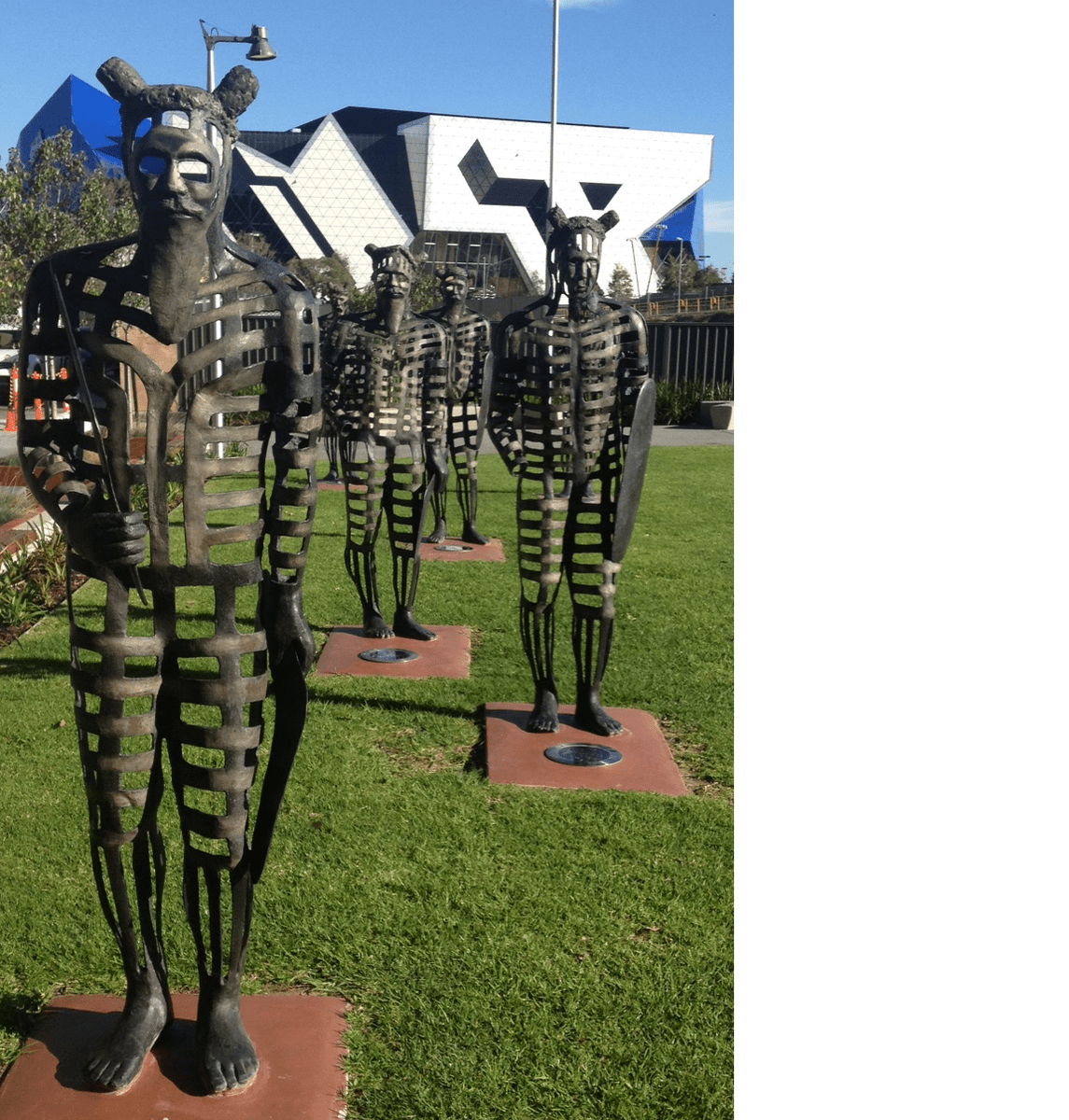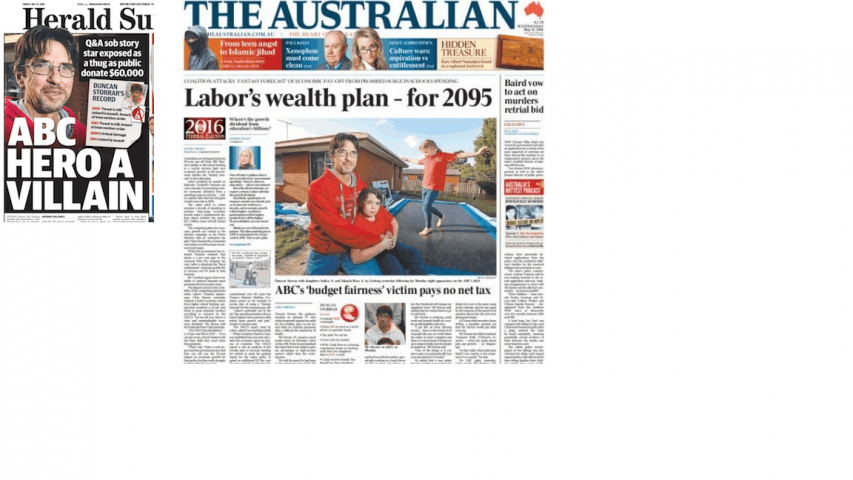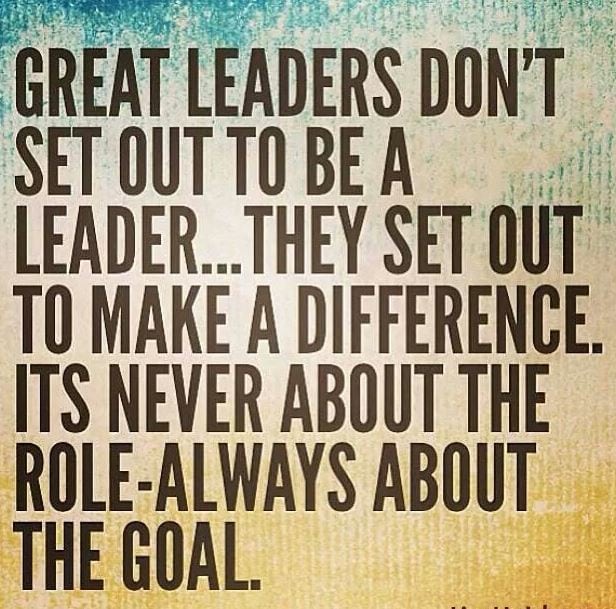South West Anglican Mission Family Centre (Slide Show – 1967)
May 15, 2016
Kornden: 6 Noongar ‘Kings’
May 20, 2016
In the context of a Federal election campaign Mr Duncan Storrar asked a question about the Budget and income inequality on last week’s (9/5/16) ABC Program ‘Q&A’. He asked, why the recent Federal Budget focussed on cuts for people over $80,000 per annum; he also made the comment that low income people pay tax via the Petrol and Excise and the Goods and Services Tax.
Mr Storrar identified as a person with disability who is on a low income. Since asking that question he has been subject to a barrage of personal investigations, attacks, intrusion into his family and ridicule by a range media outlets. The viciousness of the media mugging of Duncan Storrar, almost entirely the work of the Murdoch press, was, to quote Jennifer Wilson (@noplaceforsheep on Twitter), a “depraved abuse of power”.
Are disadvantaged Australians now reduced to silence because of the threat of their private lives being detailed in mainstream media?
This matter fundamentally undermines the right of people to voice lived experience in the democratic process. It is very concerning why any person who carefully expressing views on income and equality issues on a national broadcaster during an election campaign should consequently be subject to this type of vilification.
Mr Storrar has a complex family history; he is no different to many Australians, including the people that a range of third sector organisations serve. He did not claim to be a paragon of virtue, he was not seeking election; Mr Storrar asked a reasonably simple question, that many may rightly ask and want answered.
It is unacceptable that any marginalised Australian who writes a letter, or rings a talk back radio station with views about income inequality or fairness is now fair game for retribution, intrusive and personalised attacks. The argument that people who pay no net income tax should be excluded from political discourse is unacceptable. Taken to its extremes it justifies the potential exclusion of voters with low incomes from most of the political process.
In recent years many have been outraged with the silencing of dissent by third sector voicess, now this has been taken to another level. We are now witnessing very powerful media interests challenging an individual’s right to participate in the political process. This, in effect, is a gag being applied to vulnerable people whose lived experience speaks to policy platforms. While the media treatment of Mr Storrar represents a deterioration in Australian democracy, it also raises questions for third sector organisations around the individual and systemic advocacy they undertake for Australians battlers.
Our political leaders need to reaffirm the right of all Australians, including low income and disabled people, must be able to participate in national conversations about tax, revenue and income inequality. All people should be able to participate freely in the community discourse around matters of public policy.



